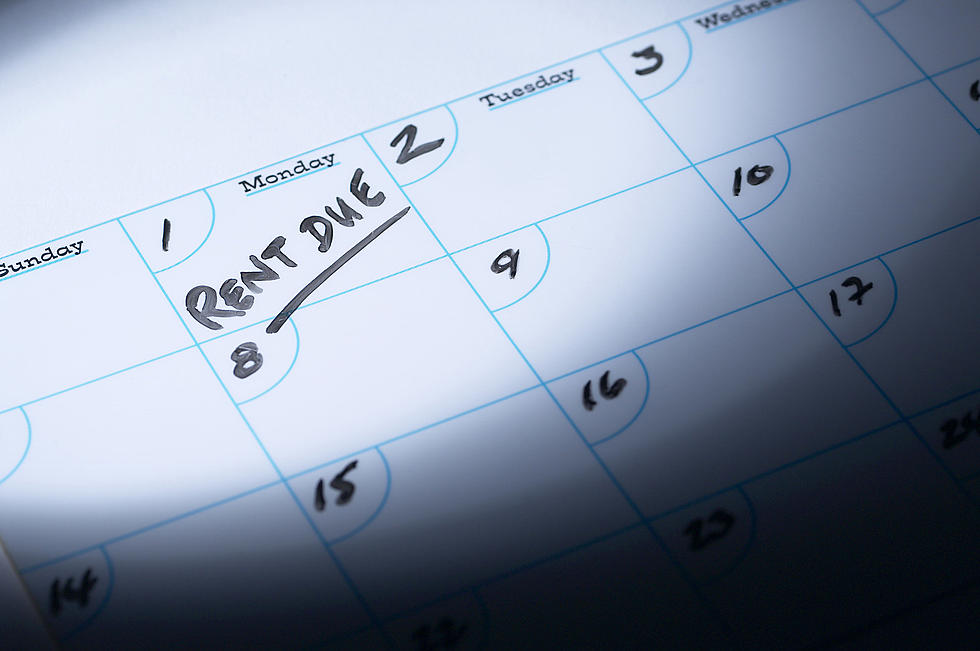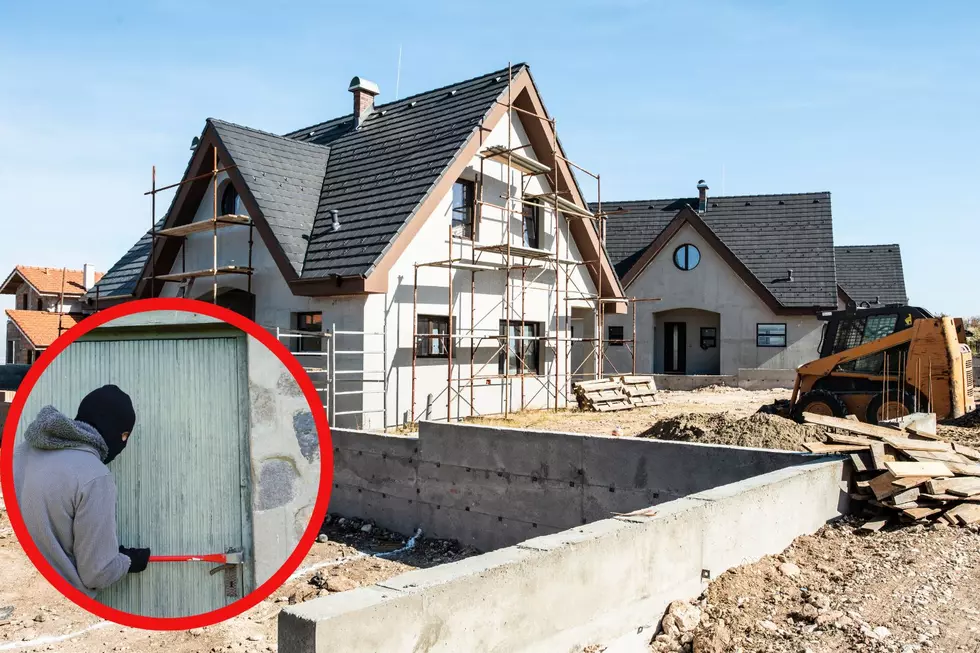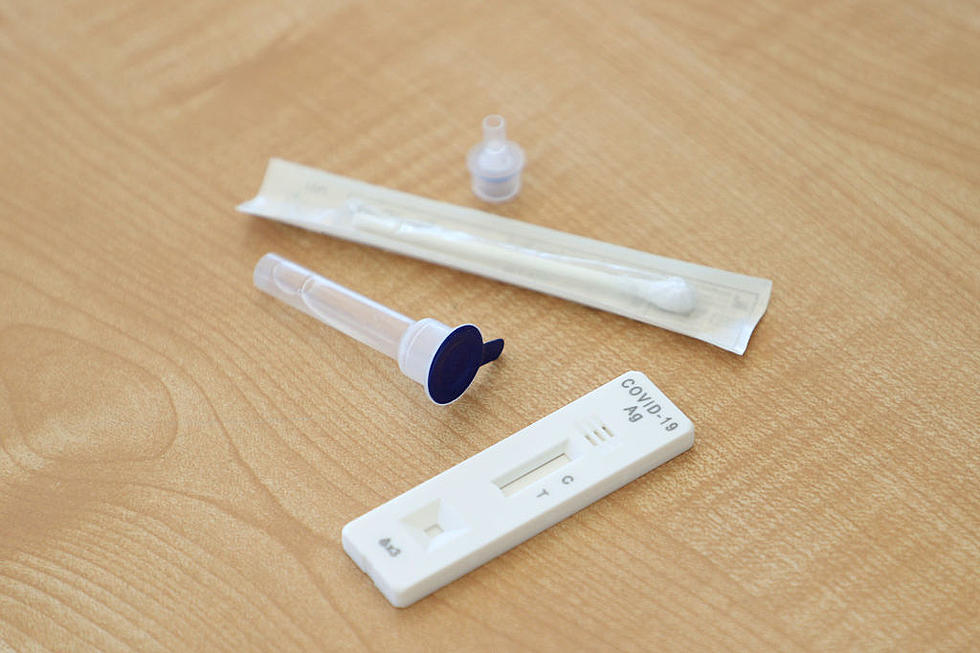
Kent County Renters Impacted by Pandemic Can Apply for Assistance April 1
The COVID-19 pandemic has created financial hardships for so many. For those behind on paying rent in Kent County, help is coming.

Fox 17 reports the Grand Rapids Coalition to End Homelessness and other area non-profits are gearing up to launch Kent County’s COVID Emergency Rental Assistance Program (CERA).
The goal of CERA is to help renters avoid eviction through direct rental assistance payments to landlords. Help with utilities is available too.
Funding for CERA comes from the coronavirus relief package passed by Congress in December. Currently the State of Michigan has $282 million available for the program, with approximately $38.5 million going to Kent County.
Courtney Myers-Keaton, director of the Grand Rapids Coalition to End Homelessness, tells Fox 17,
Households have really been reaching out, trying to figure out how they can get help... We know that there’s a lot of people who are underemployed or have lost their jobs as a result of COVID and have had increased childcare costs and other costs, medical costs, things like that. This is really going to provide them an opportunity to get current, to feel stable, and to really move forward.
Who is eligible for CERA? Renter households that have incomes less than 80% of Area Median Income (AMI) and meet the below conditions:
- Individual(s) in the household has qualified for unemployment benefits or has experienced a reduction in household income, incurred significant costs, or has experienced other financial hardship due directly or indirectly to the coronavirus outbreak; and
- Individual(s) in the household can demonstrate a risk of experiencing homelessness or housing instability evidenced by a past due utility or rent notice.
More information about eligibility and the documentation needed to apply can be found here.
Applications for CERA open in Kent County April 1. Those who would like to apply will be able to do so here. For those unable to do so online, help with submitting an application is available at (616) 454-5840.
KEEP READING: 50 community resources supporting Americans financially impacted by COVID-19
More From 97.9 WGRD









